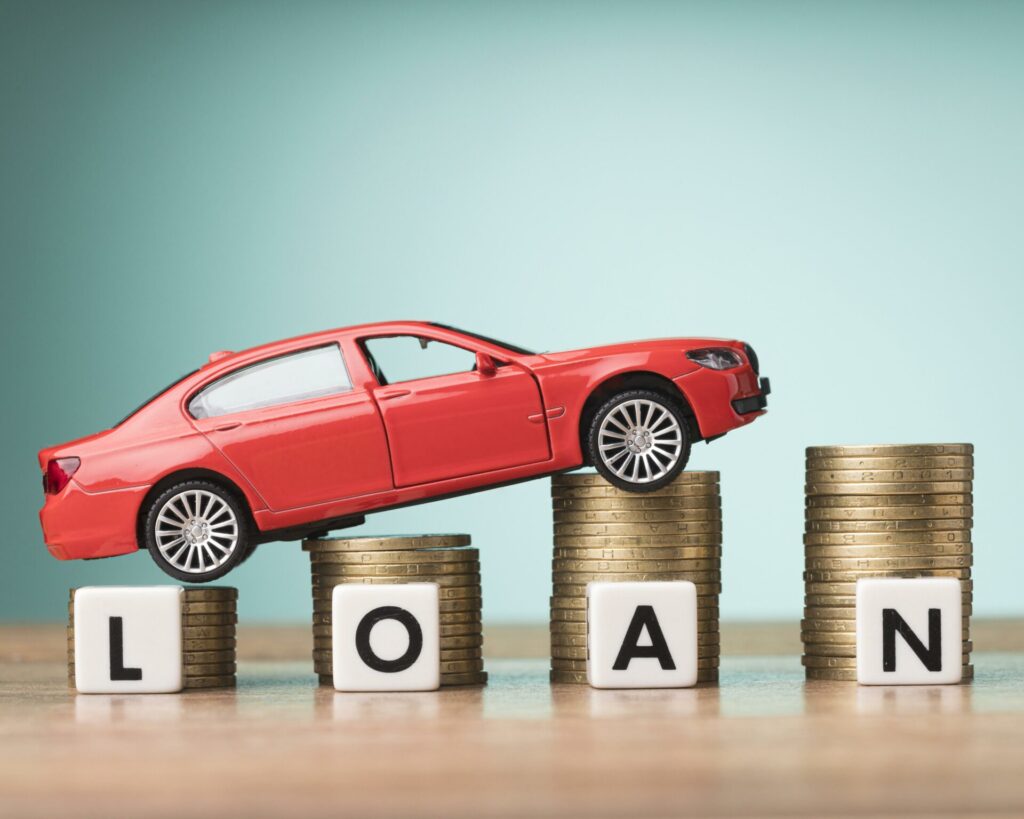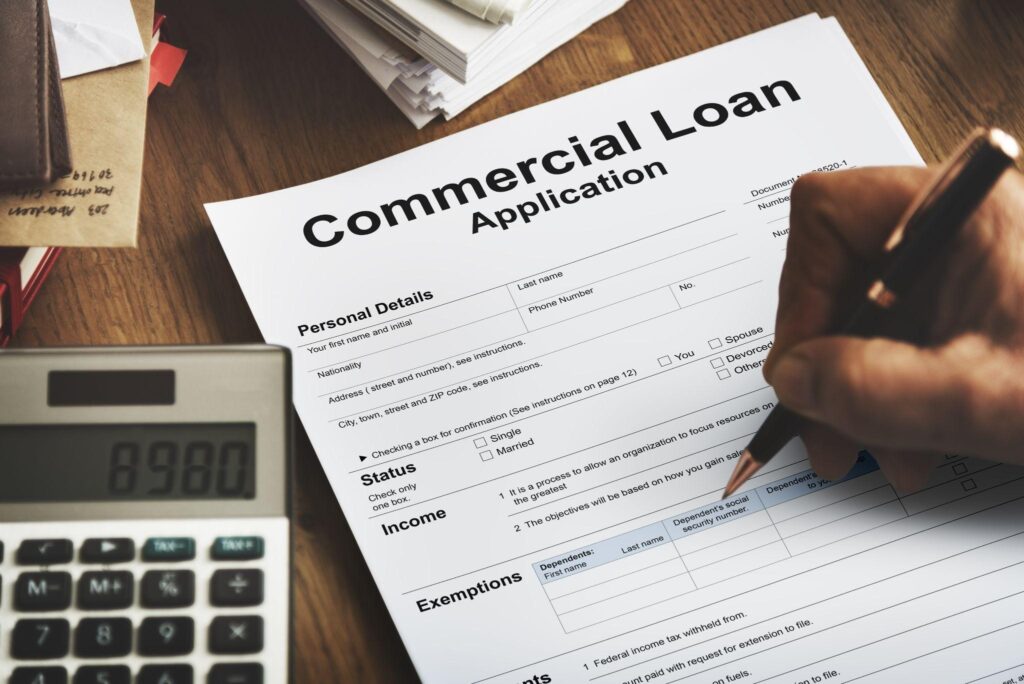Vehicle Finance
2 Wheeler Loan
A two-wheeler loan is a type of personal loan that is used to purchase a two-wheeler vehicle, such as a motorcycle or a scooter. These loans are usually obtained from banks, financial institutions, or online lenders, and can range in amount from a few thousand rupees to several lakhs, depending on the make and model of the vehicle and the borrower’s creditworthiness. Two-wheeler loans typically come with interest rates that are lower than those of cars, and loan terms that can range from a few months to several years, with the ability to repay the loan in installments over the term of the loan.
4 Wheeler loan
4 wheeler loans are agreements that allow you to borrow money to purchase a motorcycle. The loan can have different interest rates, repayment terms, and eligibility requirements depending on the lender and the loan amount. It’s important to compare different lenders to get the best deal on a 4 wheeler loan. Some factors to consider when comparing lenders include the interest rate, repayment term, fees, and any additional requirements such as insurance or down payment. It’s also important to consider your credit history and income when applying for a 4 wheeler loan.
Tractors and Farm Agricultural Related
Agricultural related loans are financial products that are designed to help farmers and businesses in the agriculture industry obtain funding for their operations. These loans can be used for a variety of purposes, including the purchase of equipment, such as tractors, land acquisition, working capital, and more. The interest rates and repayment terms on these loans can vary depending on the amount borrowed, creditworthiness of the applicant, and other factors. It is recommended to research different lenders and loan options to find the best fit for your needs. Additionally, government programs and organizations may offer low-interest or grant-based loans for agriculture-related expenses.
Commercial Goods
A commercial goods vehicle loan is a type of financing used by businesses to purchase or lease vehicles used for commercial purposes. These can include trucks, buses, vans, and other vehicles used for transportation, delivery, and other business activities. The loan can be obtained through banks, credit unions, or specialized lenders, and can be structured as a term loan or a revolving loan. The lender will typically require collateral, such as the vehicle or the business’s assets, to secure the loan. Commercial goods vehicle loans can be an effective way for businesses to invest in their operations and improve their efficiency.
Passenger Commercial Vehicle Loan
A passenger commercial vehicle loan is a type of financing that allows an individual or business to borrow money to purchase or lease a commercial vehicle designed to transport passengers, such as a bus, van, or minivan. These loans are available from banks, credit unions, and other financial institutions, and may be secured by the vehicle itself as collateral. Some factors that may be considered when determining eligibility for a passenger commercial vehicle loan include the borrower’s credit score, income, and the vehicle’s make, model, and year.
Passenger Commercial Vehicle Loan
A passenger commercial vehicle loan is a type of financing that allows an individual or business to borrow money to purchase or lease a commercial vehicle designed to transport passengers, such as a bus, van, or minivan. These loans are available from banks, credit unions, and other financial institutions, and may be secured by the vehicle itself as collateral. Some factors that may be considered when determining eligibility for a passenger commercial vehicle loan include the borrower’s credit score, income, and the vehicle’s make, model, and year.
Construction Equipment Finance
Construction Equipment Finance is a type of financing that is specifically designed to help construction companies obtain the capital they need to purchase or lease heavy equipment. These types of loans are typically provided by specialty lenders who have experience in the construction industry and understand the unique needs of construction businesses. Construction equipment finance can be used to finance a wide range of equipment, including cranes, excavators, bulldozers, and more. There are several benefits to obtaining financing for construction equipment, including increased productivity, reduced costs, and improved cash flow.
Fuel Finance
Fuel finance in India refers to financial products and services that are designed to help individuals and businesses manage their fuel expenses. These products can include fuel discount cards, fuel purchase plans, and other types of fuel financing options. In India, fuel finance companies operate under the guidelines of the Reserve Bank of India (RBI), which regulates the banking industry in the country.
Tyre Finance
Tyre Finance offers loans to small businesses that require tyres for their operations, such as farmers who require tyres for their tractors and vehicles. The loans are disbursed through a network of channel partners, including retailers, dealers and tyre service centers. Tyre Finance also provides tyre-related services, such as tyre repair and maintenance, to its clients.
.
Vehicle Insurance Finance
Vehicle insurance finance refers to the specific type of insurance cover that protects a vehicle from monetary loss due to damage or theft. It’s a common type of insurance policy that many people opt for when purchasing a car. Typically, consumers will finance the cost of the insurance over the course of their loan when buying a vehicle. This ensures that they are able to make regular payments and maintain coverage throughout the life of the loan. It’s ultimately up to the individual consumer to decide what level of coverage they need, but basic liability coverage is usually required to meet state regulations.
Tax Finance
Tax finance in India refers to the various aspects of taxation and finance in the country. It includes the collection and administration of taxes, tax policies, tax laws, and tax payer compliance. The Indian tax system is complex and consists of both direct and indirect taxes, including income tax, corporate tax, value-added tax (VAT), and service tax. The Central Board of Direct Taxes (CBDT) and the Central Board of Indirect Taxes and Customs (CBIC) are the primary agencies responsible for collecting and administering taxes in India. Tax finance plays a crucial role in shaping the economic policies of the country and affects businesses and individuals alike.
Challan Discounting
Challan Discounting refers to the reduction in the amount payable towards a challan or bill, usually by a certain percentage or fixed amount. This discount is provided by various banks and financial institutions as an incentive to their customers to pay their bills on time. The amount of discount and the terms and conditions under which it can be availed vary from bank to bank. It is important for customers to fully understand the discounting policies of their bank or financial institution in order to take full advantage of the benefits.
Toll Finance
Toll Finance is a leading provider of toll management solutions for businesses. Its services include invoice processing, toll payment, toll compliance, and toll administration. With Toll Finance, businesses can reduce toll-related expenses, improve their cash flow, and ensure compliance with toll regulations. Toll Finance also offers customized toll management solutions for businesses of various sizes and industries.
Pre Owned Car Loan
A pre-owned car loan is a type of financing option that allows an individual to purchase a used car. These loans are often issued by banks, credit unions or car finance companies and can be obtained either through a dealer or a private seller. The eligibility criteria for pre-owned car loans vary among lenders, however, a good credit score, a stable income, and proof of employment are generally required. The interest rates and repayment terms may also vary, and it is important to compare offers from different lenders to ensure the best deal.


